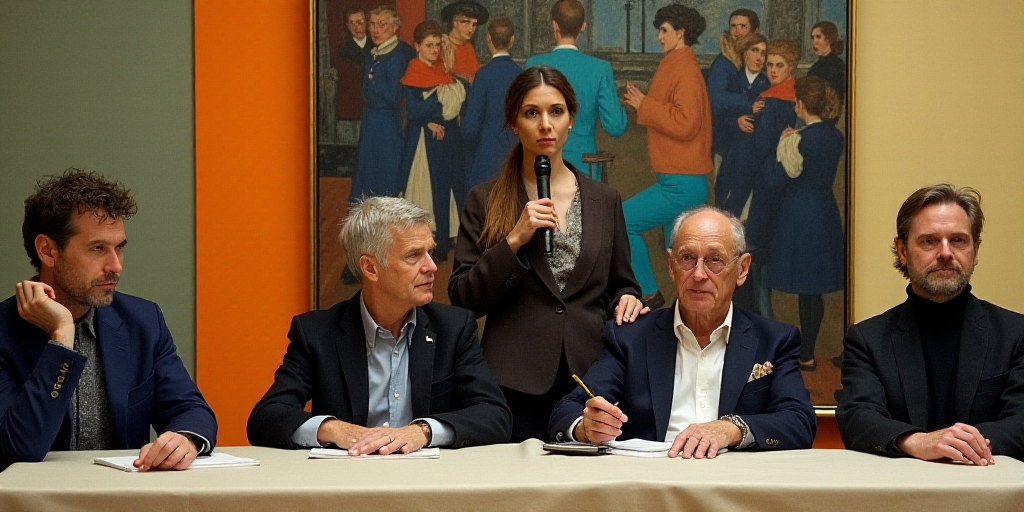Background on the Current Economic Situation in Germany
The German economy is projected to contract by 0.3% this year, marking the third consecutive year of shrinkage according to the German Chamber of Commerce and Industry. This prolonged period of economic weakness is the longest since Germany’s post-war recovery.
Coalition Leaders Agree on Immediate Action Plan
Following the first meeting of the coalition committee since Chancellor Friedrich Merz, leader of the Christian Democratic Union, assumed office, the leaders of the governing parties announced an immediate action plan. This plan includes tax relief measures and a reduction in electricity taxes over the coming months, aiming to stimulate a sluggish economy.
“Things are moving quickly,” Merz stated, referring to the large-scale tax depreciation measures designed to encourage businesses to invest more.
Key Economic Measures
- Creation of a substantial infrastructure fund, as previously agreed upon
- Removal of a national supply chain law
- Acceleration of energy project approvals
Emphasis on Unlocking Citizen Potential
Lars Klingbeil, Germany’s Vice-Chancellor and Minister of Economics from the social democratic party in the coalition, emphasized the government’s commitment to unlocking the potential of German citizens during these challenging times.
Key Questions and Answers
- What is the current state of the German economy? The German economy is expected to contract by 0.3% this year, continuing a three-year trend of shrinkage and marking the longest period of economic weakness since Germany’s post-war recovery.
- What measures have been agreed upon by the German government? The governing parties have agreed on an immediate action plan that includes tax relief measures, a reduction in electricity taxes, creation of an infrastructure fund, removal of supply chain laws, and acceleration of energy project approvals.
- Why are these measures being implemented? These steps aim to stimulate investment from businesses and boost the overall economy, while also addressing specific industry concerns.
- Who are the key figures involved in these decisions? Chancellor Friedrich Merz, leader of the Christian Democratic Union, and Vice-Chancellor Lars Klingbeil, Minister of Economics from the social democratic party, are central figures in these developments.






